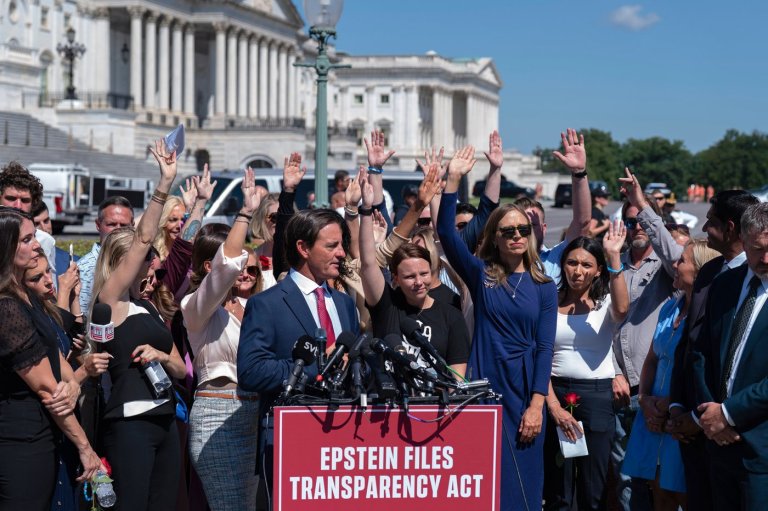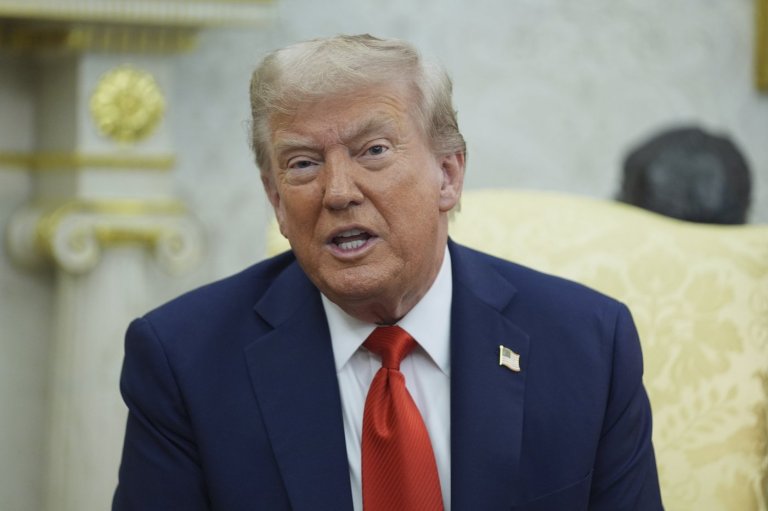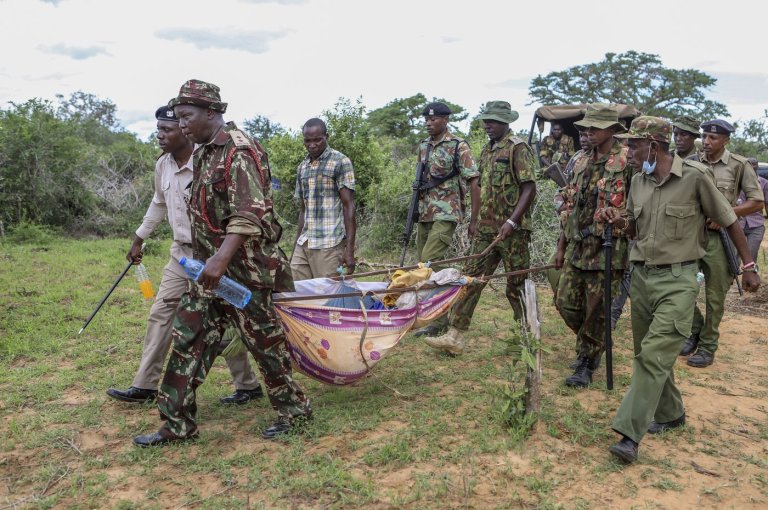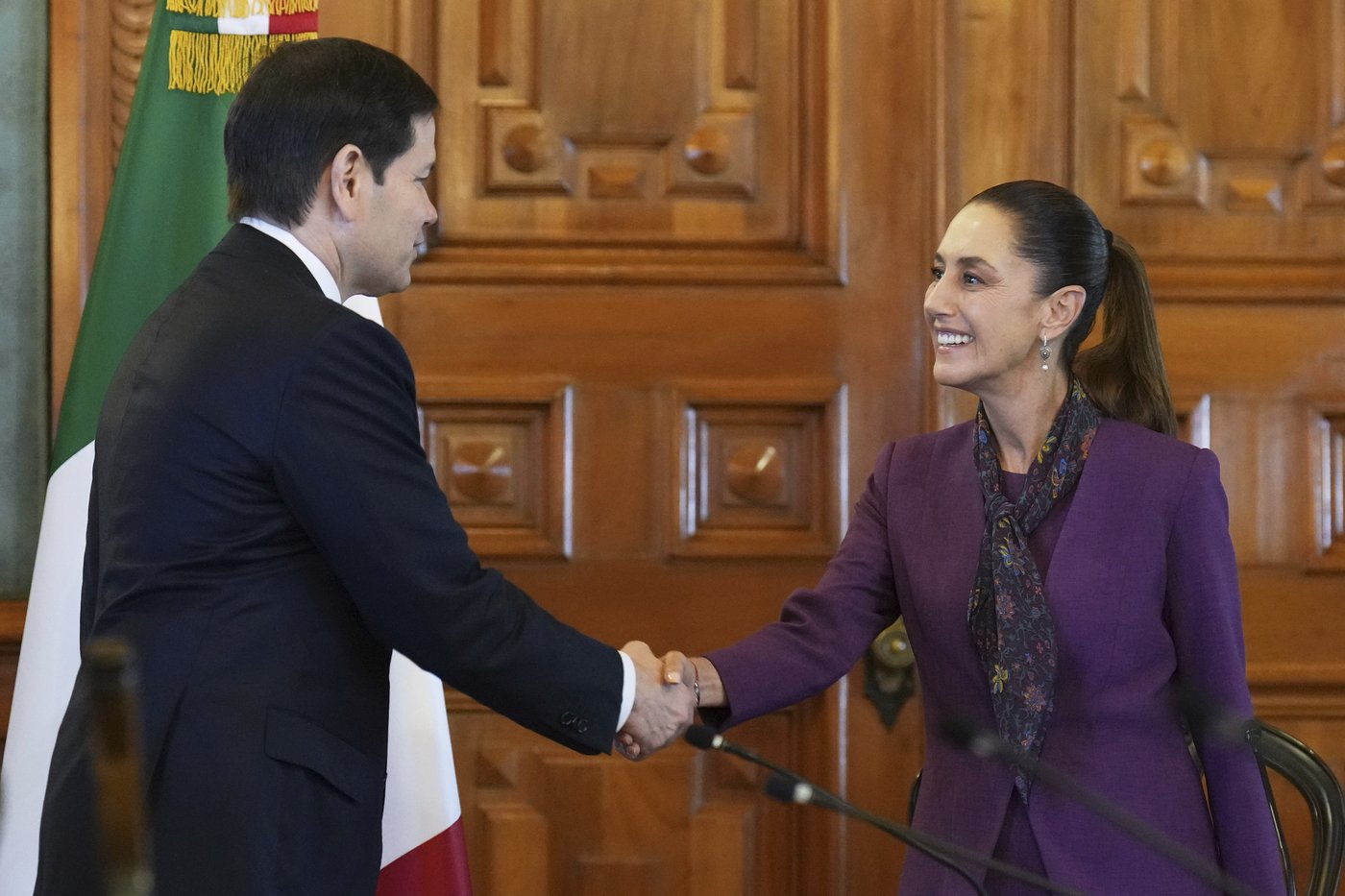
Rubio meets Mexico’s president as Trump flexes military might in Latin America
MEXICO CITY (AP) — A day after President Donald Trump dramatically stepped up his administration’s military role in the Caribbean with what he called a deadly strike on a Venezuelan drug cartel, Secretary of State Marco Rubio met with the president of Mexico, who has voiced fears of the U.S. encroaching on Mexican sovereignty.
Rubio sat down with Mexican President Claudia Sheinbaum on Wednesday to stress the importance the U.S. places on cooperating with Washington on Western Hemisphere security, trade and migration. Rubio will visit Ecuador on Thursday on his third trip to Latin America since taking office.
Trump has alienated many in the region with persistent demands and threats of sweeping tariffs and massive sanctions for refusing to follow his lead, particularly on migration and the fight against drug cartels. Likely to heighten those concerns is the U.S. having deployed warships to the Caribbean and elsewhere off Latin America and announcing a lethal strike on an alleged Tren de Aragua gang vessel carrying narcotics.
Trump administration officials point to strike on boat as an example
Trump and other administration officials said the strike, a video of which the president posted to social media, would lead to smugglers thinking twice about trying to move drugs into the United States.
“It won’t stop with just this strike,” Defense Secretary Pete Hegseth told Fox News Channel’s “Fox & Friends” on Wednesday. “Anyone else trafficking in those waters who we know is a designated narco-terrorist will face the same fate.”
Similarly, Rubio made clear Tuesday that such operations would continue if needed. Though it was a military strike, America’s top diplomat tweeted about it around when Trump announced it in the White House and then spoke to reporters about the operation.
“The president has been very clear that he’s going to use the full power of America and the full might of the United States to take on and eradicate these drug cartels, no matter where they’re operating from and no matter how long they’ve been able to act with impunity,” Rubio said Tuesday. “Those days are over.”
Rubio, a son of Cuban immigrants, has spoken out against Venezuelan leader Nicolas Maduro and other Latin American leftist governments, notably in Cuba and Nicaragua, for years and supported opposition leaders and movements there. Just before leaving for Mexico, he attended an award ceremony in Florida for a Cuban dissident who he said was an inspiration for freedom-loving people everywhere.
Mexico’s president pushes back on Trump saying she’s not ready to target cartels
Trump has demanded, and so far won, some concessions from Sheinbaum’s government, which is eager to defuse his tariff threats, although she has fiercely defended Mexico’s sovereignty.
Sheinbaum again rejected Trump’s suggestion that she is afraid of confronting Mexico’s cartels because they have so much power.
“We respect a lot the Mexico-United States relationship, President Trump, and no, it’s not true this affirmation that he makes,” she said.
Speaking to reporters Wednesday before meeting with Rubio, she said that what her administration planned to agree to with the United States is a “cooperation program about border security and the application of the law within the framework of our (respective) sovereignties.”
In a State of the Nation address this week marking her first year in office, she said, “Under no circumstance will we accept interventions, interference or any other act from abroad that is detrimental to the integrity, independence and sovereignty of the country.”
Sheinbaum has gone after Mexican drug cartels and their fentanyl production more aggressively than her predecessor. The government has sent the National Guard to the northern border and delivered 55 cartel figures long wanted by U.S. authorities to the Trump administration.
Sheinbaum had spoken for some time about how Mexico was finalizing a comprehensive security agreement with the State Department that, among other things, was supposed to include plans for a “joint investigation group” to combat the flow of fentanyl and the drug’s precursors into the U.S. and weapons from north to south.
A senior State Department official has downplayed suggestions that a formal agreement — at least one that includes protections for Mexican sovereignty — was in the works.
Sheinbaum lowered her expectations this week, saying it would not be a formal agreement but rather a kind of memorandum of understanding to share information and intelligence on drug trafficking or money laundering.
___
Associated Press writer María Verza contributed to this report.
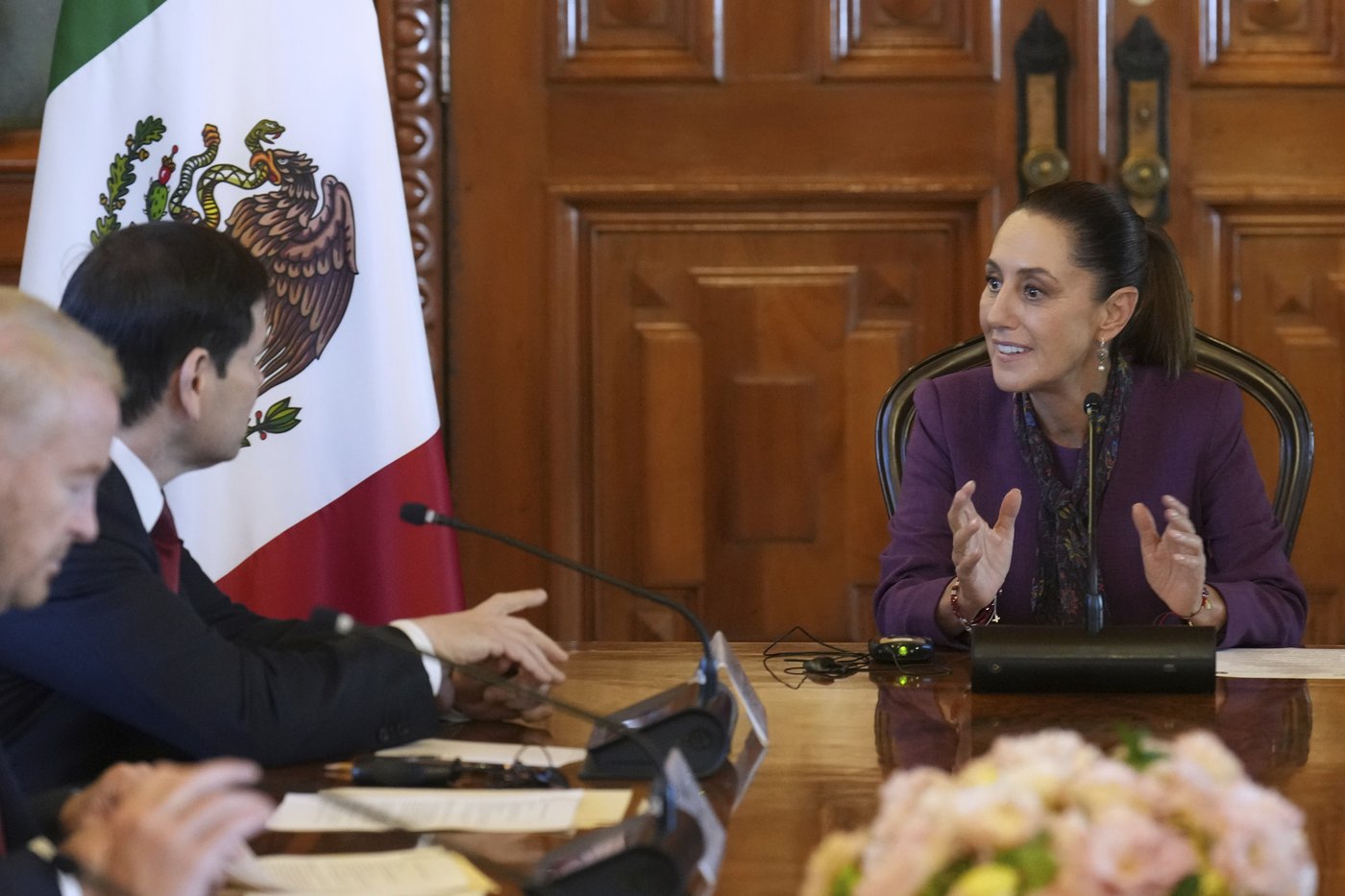
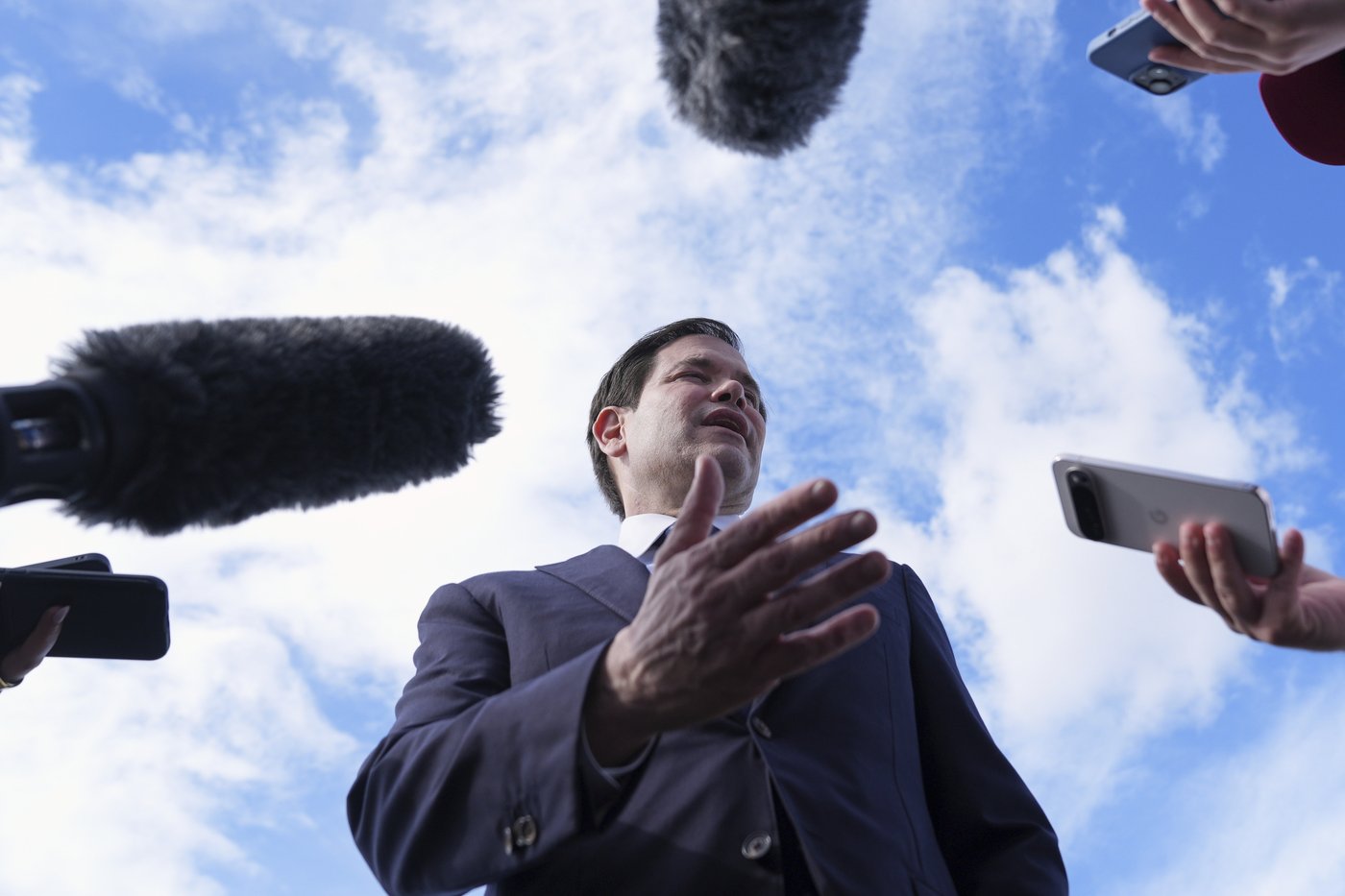
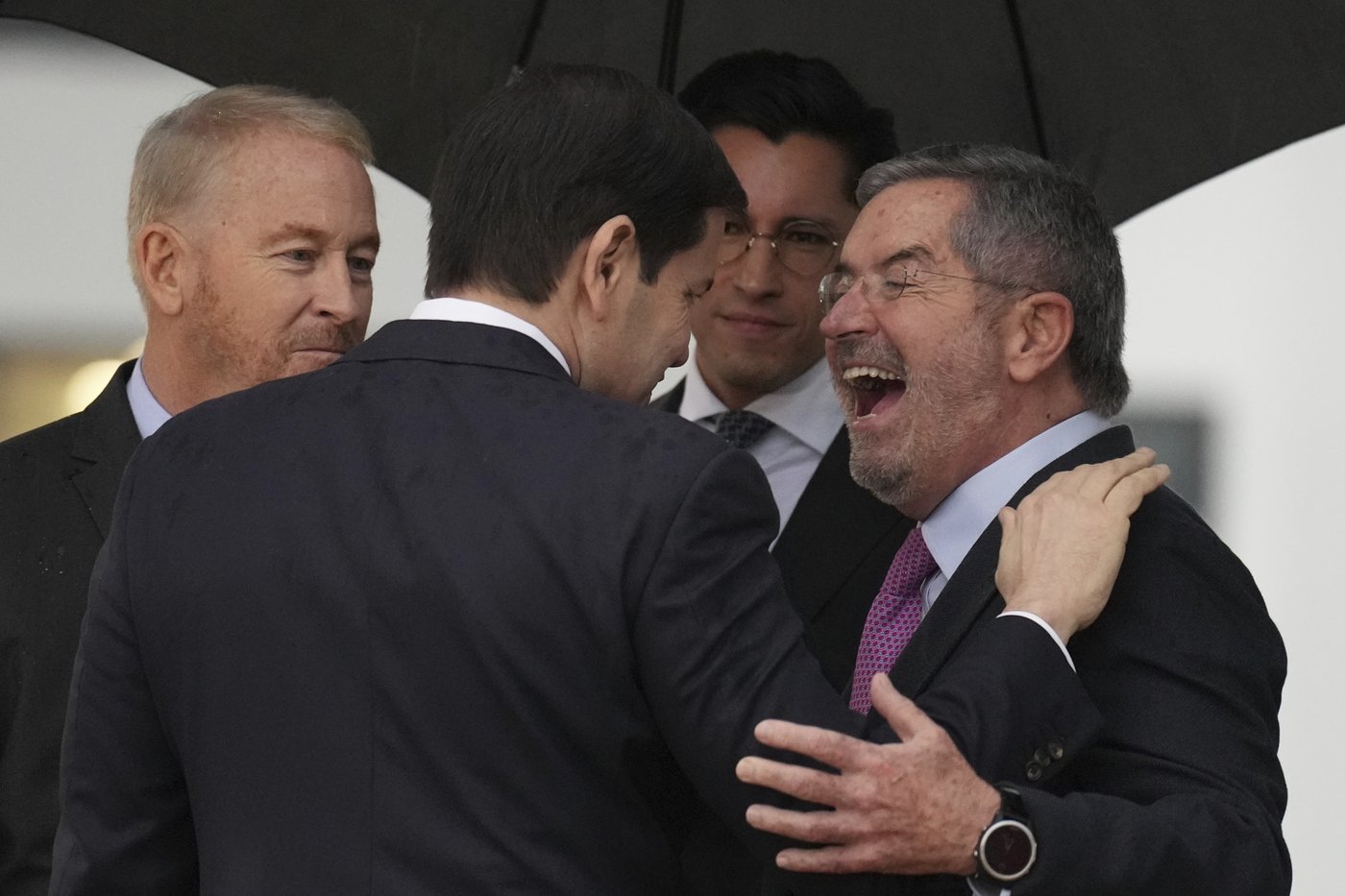
Join the Conversation!
Want to share your thoughts, add context, or connect with others in your community?
You must be logged in to post a comment.













